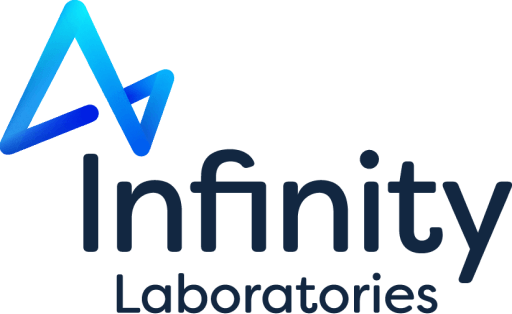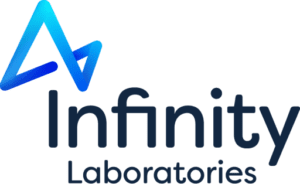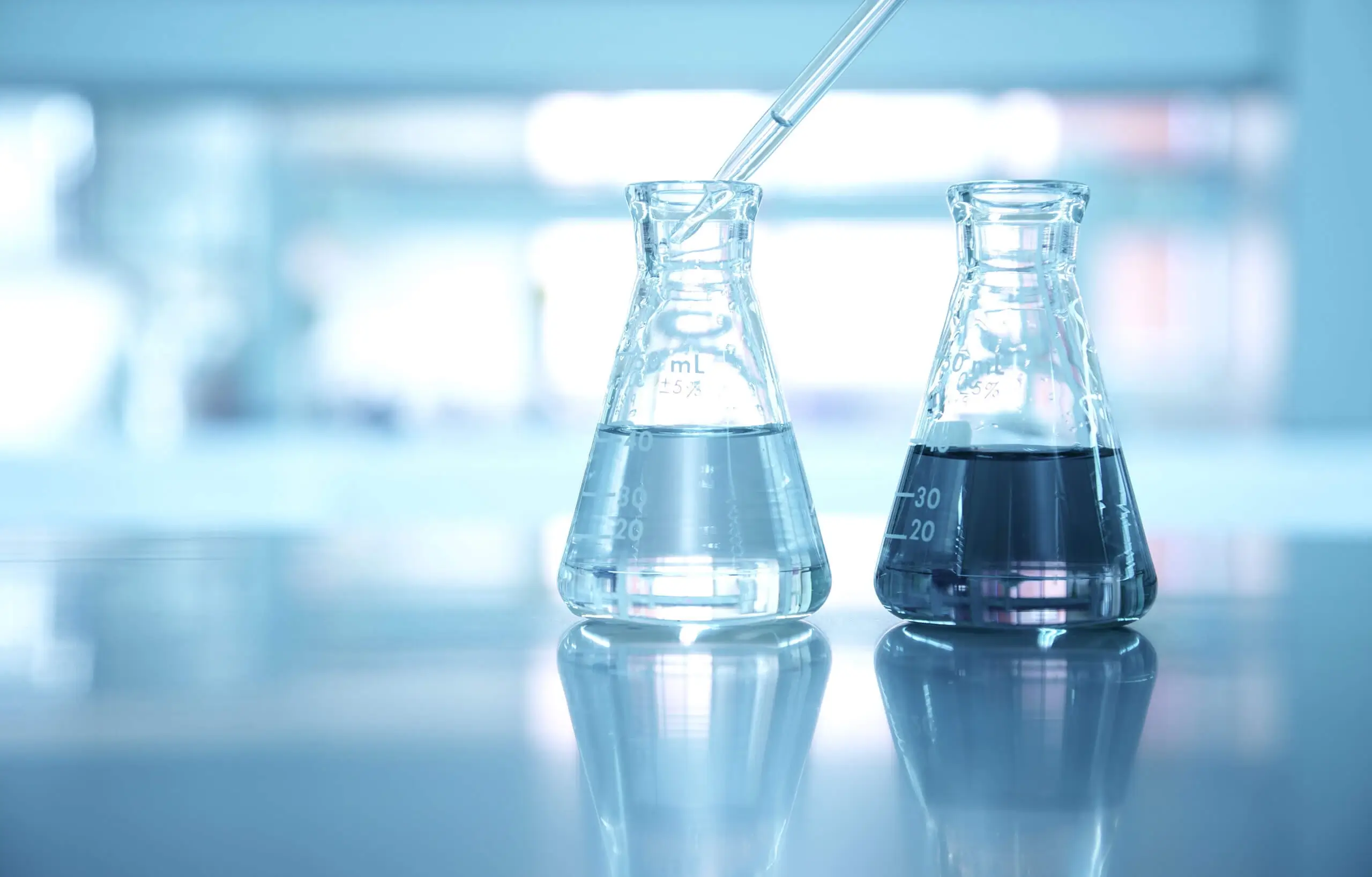Water that’s used in the manufacturing of pharmaceuticals and injectable medicines must be pure.
Water that’s used in the manufacturing of pharmaceuticals and injectable medicines must be pure.
Government regulations demand it, and consumer health depends on it. That’s why — for manufacturers and labs that are involved in developing products for the pharma and biotech sectors — water testing is such a critical part of the process.
But how can manufacturers and labs ensure that their methods for water testing produce results that are 100 percent accurate every time?
It’s a question worth considering, as any contamination could lead to serious business and regulatory repercussions. Standards for water purity are set by the U.S. Pharmacopeia (USP), a scientific nonprofit organization that sets the bar for the strength, quality, and purity of medicines, with the goal of improving human health.
USP’s drug standards are enforceable in the United States by the Food and Drug Administration, and these standards are used in more than 140 countries.
To comply with these standards, pharmaceutical manufacturers and labs need reliable and reproducible confirmation that their water is pure, and they need that information quickly in order to prevent delays in the manufacturing and sale of critical medicines.
In-house testing is one option, but not always a reliable one. The process is inevitably time-consuming and inefficient when done on a micro-scale. Depending on the method of in-house testing and the person who’s doing it, results can differ from test to test. In-house testing does give your scientists more control over the assay, but they still risk sample contamination through the containers they buy.
The other option, outsourcing, is an alternative with many benefits. It can allow lab workers to focus on their core competencies while also providing an added layer of assurance that the water is meeting quality control standards.
However, choosing an outsourcing partner isn’t a decision to take lightly. Here are five key elements to look for in a water-testing partner:
- A kit that’s easy to acquire and use. The Ulti-Pak test kit from Ultimate Labs is available on Amazon.com, and includes certified sampling containers for Total Organic Carbon (TOC), bioburden and conductivity testing. It’s an easy, three-step process that reduces the time your team needs to spend on quality control, while increasing the reliability and reproducibility of your results. Containers arrive pre-sterilized and ready for sampling.
- Quick-turnaround results. Ultimate Labs delivers quality assured results to your lab just three days after sample receipt. Reports are easy to read and interpret with an overall PASS or FAIL grading that eliminates confusion.
- Testing by an experienced lab. Whether testing USP Purified Water or Water for Injection, using a lab that understands the differences between the compendial water monographs is critical for the quality control of the water system and ultimately the quality and safety of your product.
- Knowledge of the industry and regulations. The control of the microbiological quality of water systems is an important consideration for most pharmaceutical and consumer product manufacturing sites. In addition, chemical purity (often represented by TOC or TOC and Conductivity) is another important constituent in establishing control of purified water systems. Ultimate Labs understands these things well and stays on top of evolving regulations because it’s the company’s specialty.
- An open dialog. By working closely with your testing partner, you will better understand compliance and assess the risks in your processes or environment. With Ultimate Labs, you’ll receive a tailored, problem-solving compliant solution, whether it is data for an FDA submission for a medical device or on-going monitoring for a pharmaceutical process or utility.


